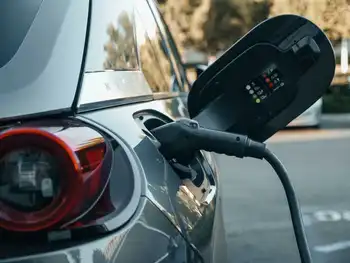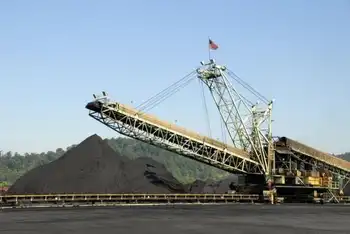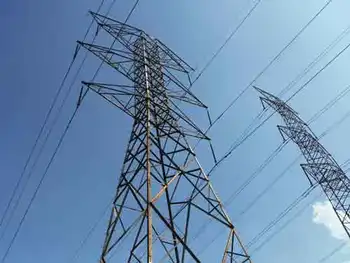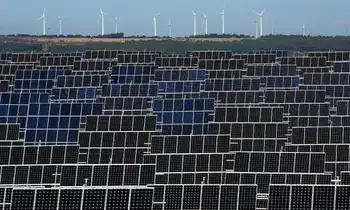BC Hydro Welcomes Joint Review Panel Process for Site C
By Nation Talk
Protective Relay Training - Basic
Our customized live online or in‑person group training can be delivered to your staff at your location.

- Live Online
- 12 hours Instructor-led
- Group Training Available
"We are pleased that the Site C project has been referred to a joint review panel, and we look forward to commencing what will be a rigorous and independent process,” said Dave Cobb, CEO of BC Hydro. “The environmental assessment for Site C will provide multiple opportunities for consultation and input by the public, communities, Aboriginal groups, and stakeholders.”
As part of the environmental assessment of Site C, BC Hydro will identify and assess potential project effects — environmental, economic, social, heritage and health — and opportunities to provide lasting benefits for the region and First Nations. Where effects cannot be avoided, BC Hydro will identify and evaluate options for mitigation.
The Site C project requires environmental certification and other regulatory permits and approvals before it can proceed to construction. In addition, the Crown has a duty to consult and, where appropriate, accommodate Aboriginal groups.
BC Hydro forecasts that electricity demand in the province will increase by approximately 40 per cent in the next 20 years, and new sources of clean, reliable and cost-effective electricity will be required.
“We are proposing to construct the Site C project as part of our overall regeneration program to invest in and renew the province’s electricity system,” said Cobb.
Site C would also contribute to economic development by creating approximately 7,000 person-years of direct construction employment through the seven-year construction period. The project is estimated to create up to 35,000 direct and indirect jobs through all stages of development and construction.
BC Hydro has adopted a multi-stage approach for the evaluation of Site C. The project is currently in Stage 3, Environmental and Regulatory Review. This stage includes an independent environmental assessment process led by the Canadian Environmental Assessment Agency and the British Columbia Environmental Assessment Office. The multi-stage process provides the Province with milestones for assessing the project and deciding whether to proceed to the next stage.











